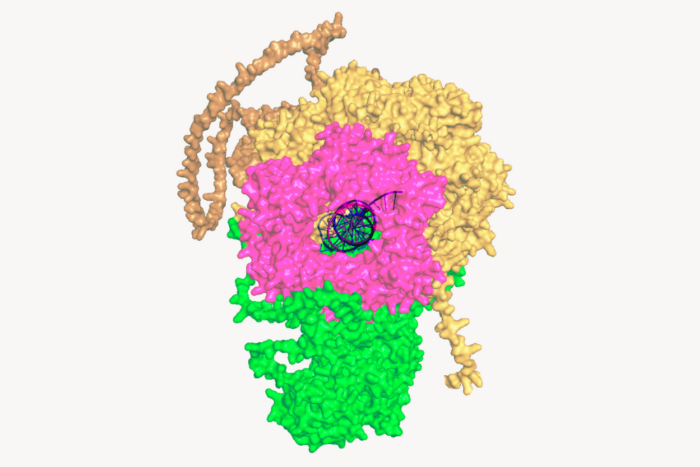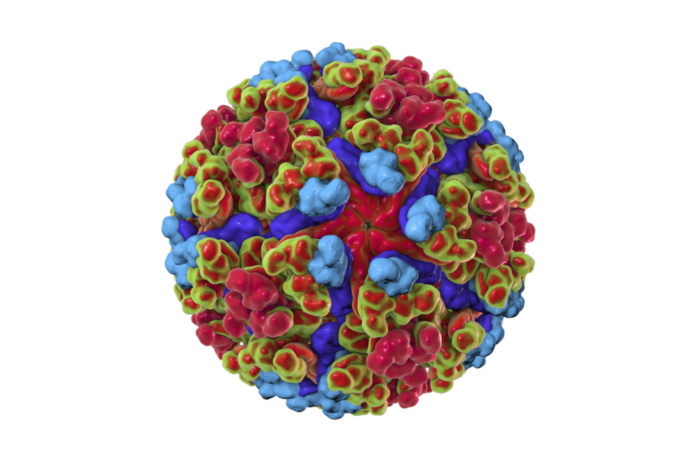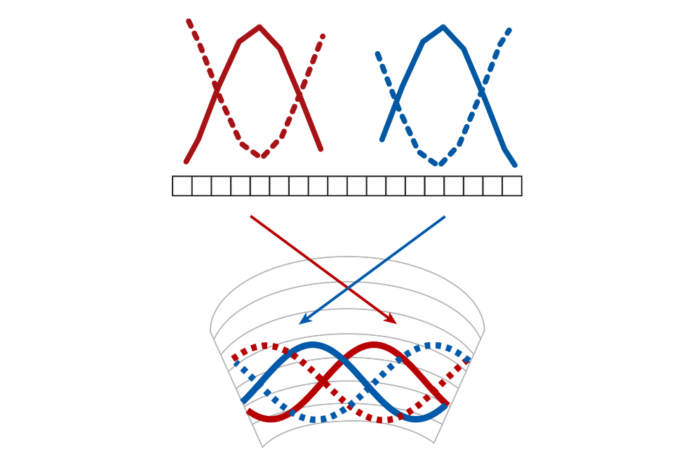Twenty-four students receive Ph.D.s at Rockefeller’s 56th Convocation
The Rockefeller University awarded doctoral degrees to 24 students at its convocation ceremony today. Additionally, the university awarded three honorary degrees, to John Gurdon, Julian Robertson and Sinya Yamanaka. Gurdon and Yamanaka are 2012 Nobel Prize laureates known for discoveries related to stem cells, and Robertson is an investor and philanthropist.
Each doctoral candidate was presented for the degree by his or her mentor, a tradition dating back to the university’s first commencement ceremony in 1959.
John Gurdon, through iconic experiments with nuclear transplantation, demonstrated that a differentiated cell contains all the genetic information needed to guide the development of an organism, as well as how a mature cell could revert to an embryonic state. His work helped to launch the modern fields of stem cell biology and therapeutic tissue regeneration. Gurdon has a Ph.D. in zoology from Oxford University and joined Cambridge University in 1972, where he has remained since. He is also chairman of the Wellcome Trust and the Cancer Research Campaign Institute of Cancer and Developmental Biology, which was named the Gurdon Institute in his honor in 2004.
Julian Robertson, an investor, environmentalist and philanthropist, is co-founder of Tiger Management, which he built from an original capital base of $8 million into one of the world’s largest hedge funds, with capital of more than $23 billion. In 1996, with his late wife Josie, Robertson founded the Robertson Foundation to focus on high impact grants in education, the environment and medical research. Among the foundation’s major initiatives are active support of New York City’s public education reform, scholarships at Duke University and the University of North Carolina at Chapel Hill, combating global warming, and funding medical research at Memorial Sloan Kettering Cancer Center and Rockefeller. He has been a member of Rockefeller’s Board of Trustees since 2001.
Shinya Yamanaka discovered that just four genes have the ability to re-program adult skin cells, allowing them to become induced pluripotent stem cells (iPS cells), a state similar to that of embryonic stem cells. Like embryonic stem cells, iPS cells have the capacity to differentiate into multiple cell types within the body, and they are a potential source of matched tissue for therapeutic transplantation. Yamanaka received his medical degree from Kobe University and his Ph.D. from Osaka City Graduate School. He has been on the faculty of Osaka City University Medical School, the Nara Institute of Science and Technology and the University of California, San Francisco, and is currently director of the Center for iPS Cell Research and Application at Kyoto University and senior investigator at the J. David Gladstone Institute.
The graduating students are: Jennifer Jeanne Bussell, Rohit Chandwani, Chiung-Ying Chang, Rebecca K. Delker, Eric Fritz, Paul William Furlow, Daniel B. Gilmer, Claire Ellen Hamilton, Evan Heller, Jessica Sook Yuin Ho, Matthew Thomas Holt, Amanda Caroline Kohler, James Letts, Jeff Liesch, María Maldonado, Christina B. Marney, Jacob N. Oppenheim, Nora Pencheva, Suzannah J. Rihn, K. Rashid Rumah, Johannes Fabian Scheid, Neel Shah, Frej Tulin and Siddarth Venkatesh.


